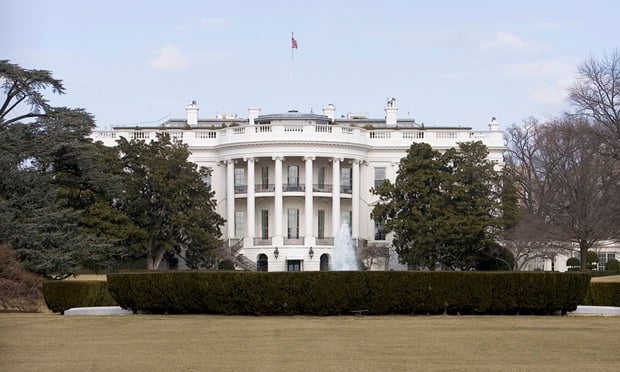 If pharmaceutical companies aren't forthright about their role in increasing list prices, senators on both sides of the aisle will become more combative. (Photo: Shutterstock)
If pharmaceutical companies aren't forthright about their role in increasing list prices, senators on both sides of the aisle will become more combative. (Photo: Shutterstock)
Pharmaceutical executives looking to blame drug-plan middlemen for rising prescription costs at a Senate committee hearing this week will be greeted skeptically by lawmakers, said people familiar with the panel's preparations.
Senior officials from seven pharmaceutical giants are scheduled to appear before the Senate Finance Committee on Tuesday to discuss soaring drug prices, which have become a lightning rod in Washington. Drug companies have long pinned climbing prescription costs on rebates that pharmacy-benefit managers negotiate when agreeing to cover certain medicines.
Recommended For You
Complete your profile to continue reading and get FREE access to BenefitsPRO, part of your ALM digital membership.
Your access to unlimited BenefitsPRO content isn’t changing.
Once you are an ALM digital member, you’ll receive:
- Breaking benefits news and analysis, on-site and via our newsletters and custom alerts
- Educational webcasts, white papers, and ebooks from industry thought leaders
- Critical converage of the property casualty insurance and financial advisory markets on our other ALM sites, PropertyCasualty360 and ThinkAdvisor
Already have an account? Sign In Now
© 2025 ALM Global, LLC, All Rights Reserved. Request academic re-use from www.copyright.com. All other uses, submit a request to [email protected]. For more information visit Asset & Logo Licensing.








